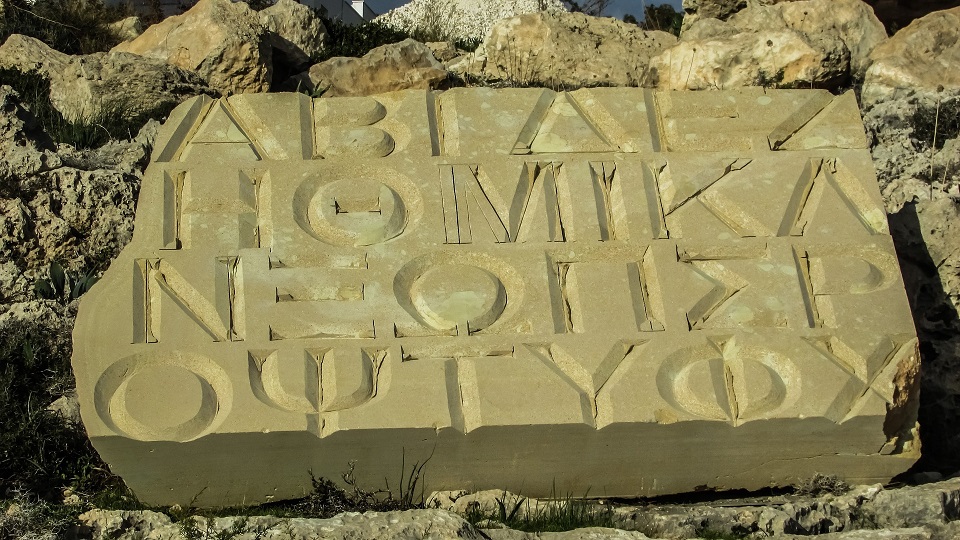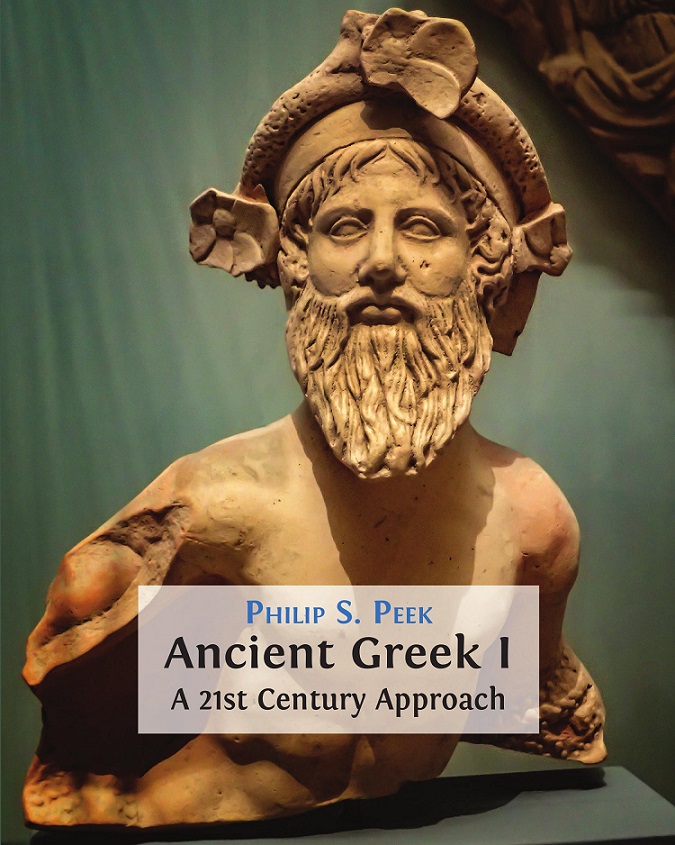The presence of classics in working-class culture, challenging its more usual role in the education of the ruling class, is inspiringly documented in “A people’s history of Classics” (2020), by Edith Hall and Henry Stead.
It had been evoked earlier, in the opening scene of Brian Friel’s “Translations” (1980), where Greek and Latin is being taught in a hedge school in County Donegal in the 1830s, a reminder that becoming acquainted with the classics was never solely a class-based means of identifying ‘us’ and ‘them’.
As Virginia Woolf observed in ‘On Not Knowing Greek’ (1923) there is something elemental about learning ancient Greek, the language of a society that flourished two and a half thousand years ago and which produced works of literature and philosophy that have survived to resonate down the centuries and form core fundamentals of critical thinking.
Virginia Woolf started learning Greek at the Ladies Department of King’s College London in 1897 but, although this was hugely progressive at the time, for most of the following century access to the teaching of the language remained unavailable to the vast majority of the British population. It stayed largely reserved behind the walls of private schools and then, with the extension of public education after 1945, judiciously extended to a small number of schools where selected pupils could be allowed to learn Greek – continuing its function as a tattoo marking entry to an echelon of class society.
Puncturing such elitism and extending educational opportunities to all citizens is a challenge that Open Book Publishing has taken up with huge success. In its own true words:
 “We are a non-profit social enterprise based in the UK and run by academics and we are committed to making high-quality research available to every reader. All our books are freely available in open access formats (PDF, HTML and XML), as well as high-quality, affordably priced paperbacks, hardbacks, and ebooks. …We’re not vanity publishing. We’re not predatory publishing. We’re not commercial publishing… We don’t publish poor-quality scholarship.”
“We are a non-profit social enterprise based in the UK and run by academics and we are committed to making high-quality research available to every reader. All our books are freely available in open access formats (PDF, HTML and XML), as well as high-quality, affordably priced paperbacks, hardbacks, and ebooks. …We’re not vanity publishing. We’re not predatory publishing. We’re not commercial publishing… We don’t publish poor-quality scholarship.”
“Ancient Greek I: A 21st century approach” has so much recommend it that anyone wishing to follow in the footsteps of Virginia Woolf and hedge-school students needs only download or read online the book’s introduction and then embark on the first module, learning the Greek alphabet.
The whole course consists of thirty modules, all available for free download, and a print edition is available for £39.95 – good value for a 610-page book and invaluable for those who prefer or need a physical book for their learning. A very useful resource, once basic grammar has been acquired, is the Perseus Digital Library.
 No one knows for sure how ancient Greek was pronounced but there is a scholarly consensus and “Ancient Greek I” includes audio links to help learners familiarize themselves with the sounds and pronunciation. It has never been easier to begin learning a language that has never died.
No one knows for sure how ancient Greek was pronounced but there is a scholarly consensus and “Ancient Greek I” includes audio links to help learners familiarize themselves with the sounds and pronunciation. It has never been easier to begin learning a language that has never died.
“Ancient Greek I: A 21st century approach”, by Philip S. Peek, is published by Open Book Publishing.
(Photos: Pixabay)













.jpg)












